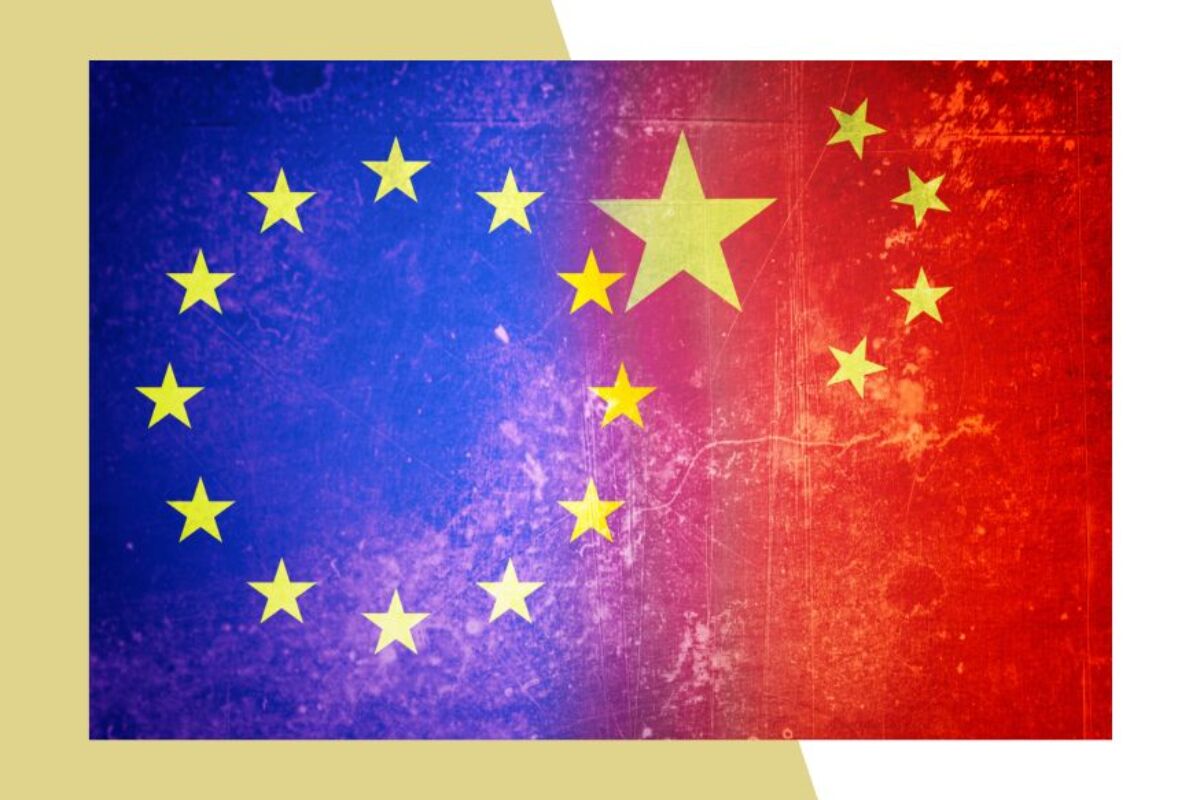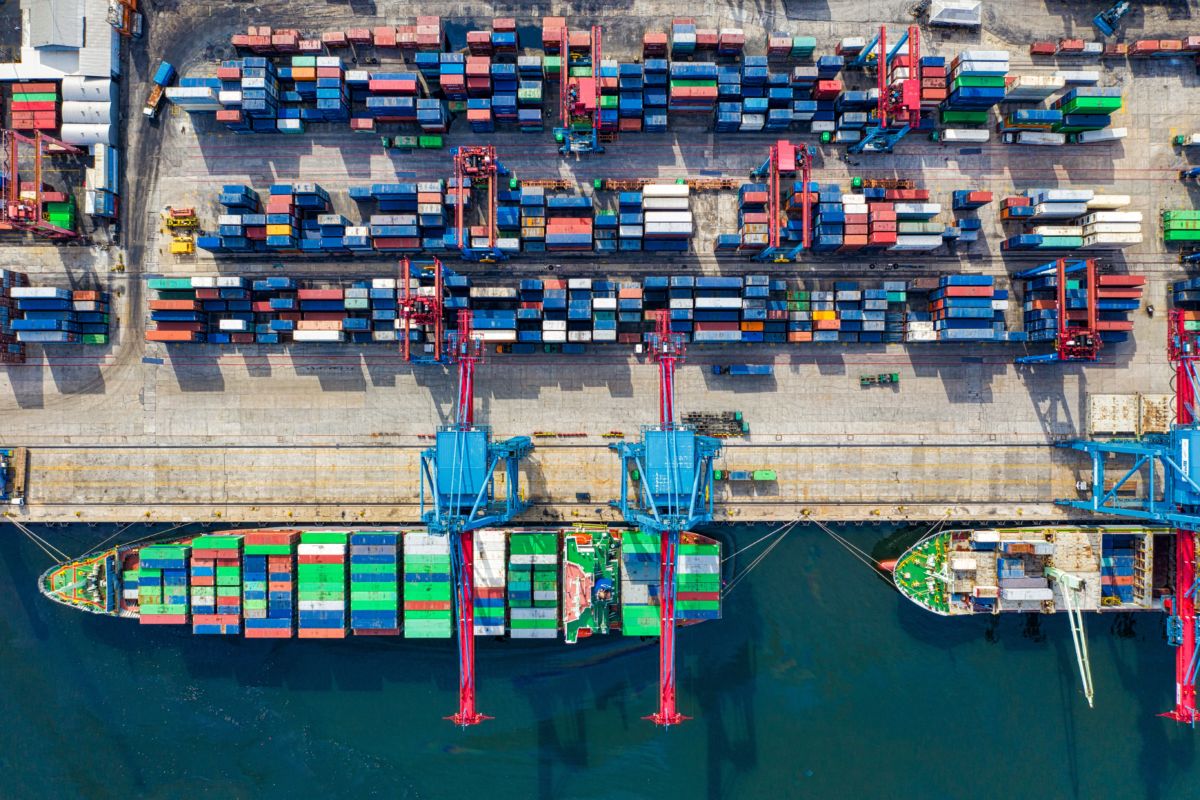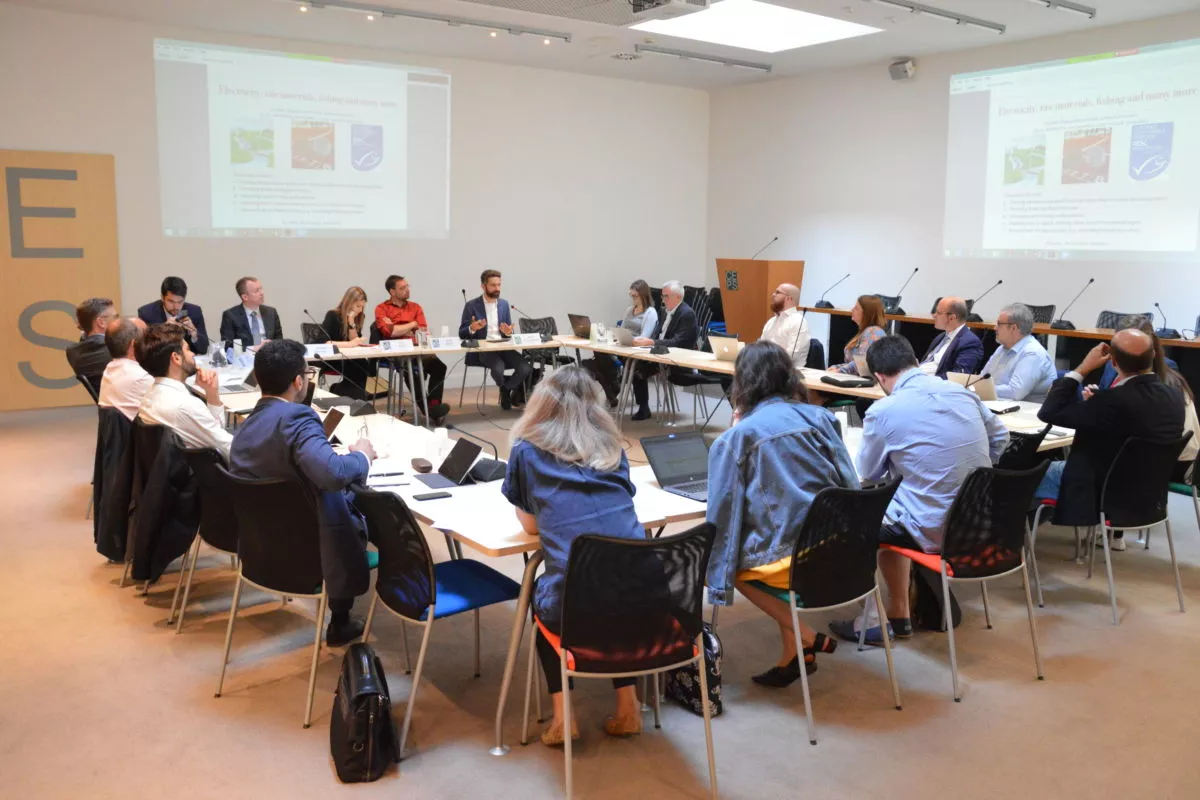Almost three years ago, the European Commission launched a comprehensive and aspirational New Industrial Strategy for Europe that highlighted its overarching ambitions for the ‘twin transition’, a journey towards climate neutrality and digital transformation. The twin transition cuts across all EU policies and is essential for promoting Europe’s competitive sustainability and resilience, as well as supporting the Commission’s ‘geopolitical’ ambitions by boosting the EU’s open strategic autonomy.
The EU’s New Industrial Strategy for Europe has been, however, greatly challenged by the different crises that have unfolded over the past few years – the Covid-19 crisis since 2020 and, more recently, the war in Ukraine and the energy crisis, as well as the ensuing economic downturn. The latter crises have also resulted in some paradoxical trends, including reshoring objectives in some sectors and delocalisation in others. These challenging economic and political times have thus prompted the EU to refocus and adjust its strategy. Overall, the two fundamental green and digital pillars of the EU’s industrial strategy are still to be achieved and their importance has been even further stressed.
Ensuring a resilient and sustainable post-pandemic and post-war recovery requires concrete action on both the domestic and external fronts.
On the domestic front, key initiatives concern the sustainable approach to the EU’s digital and data economy based on rules, standardisation, their effective implementation and strong infrastructure; the realisation of the ‘energy trilemma’, i.e. security, affordability and sustainability, to establish long-term solutions to the energy crisis; the systemic adjustment of some strategic industry supply chains; and the implementation of the Resilience and Recovery Facility (RRF) to pave the way for a coordinated transformation of the European economy.
On the external front, the EU institutions are being called upon to advance their overarching ambition of ‘open strategic autonomy’ through the careful and comprehensive review and mapping of the EU’s strategic dependencies, especially in key technologies and the raw materials necessary for the twin transitions; EU trade policy’s openness and its re-orientation towards enhanced sustainability, resilience and assertiveness; as well as a more robust, inclusive, innovative, sustainable and scalable European Defence Technological and Industrial Base (EDTIB) to bolster the EU’s role as a security and defence actor.
To support the European institutions in their quest for a resilient and sustainable post-pandemic and post-war recovery, the CEPS Forum on the Future of European Industry will be starting a new edition as from January 2023. Building on already strong findings from previous endeavours (CEPS Task Force, CEPS Forum 1.0), the Forum will contribute further concrete ideas and policy recommendations that aim to help Europe overcome these challenging political and economic times and redefine – and possibly reinvent – both Europe and globalisation.
In line with previous editions, the Forum adopts the same multi-stakeholder spirit and is open to all stakeholders, including institutions, businesses, academics, and representatives of civil society. The CEPS Forum also adopts a similar multidisciplinary, cross-sectoral approach. It is composed of four parallel Working Groups dedicated to important transversal topics relating to the EU’s industrial strategy:
- Making the digital transition work for everyone
- Strengthening the EU’s green transition
- Strategic autonomy and the resilience of value chains
- National resilience and recovery plans and the evolving industrial policy*
Each of these Working Groups is structured around two to three closed-door (hybrid or in-person) meetings to be held during each semester of the year. They will contribute policy briefs or Working Group reports, distilled from the Working Group’s contributions and discussions, desktop research and interviews. A plenary session with all Working Groups may be convened at the end of each semester to take stock of the results of each stream of debate and to develop a consolidated list of policy recommendations.
One-off events will also be organised as part of the Forum. This new edition will notably cover a series of events on the ‘trade for peace’ and the ‘women and trade’ streams.
CEPS Forum Members may also take part in the meetings that are being organised as part of the forthcoming CEPS EU Defence Task Force.
Further details on what the Working Groups and the one-off events will cover for this upcoming semester will be included in the forthcoming prospectus that will be released later in December 2022.
Please see the links below for the the full prospectus, the brochure and the form to express your interest.
For further information, please send an e-mail to: [email protected]






























